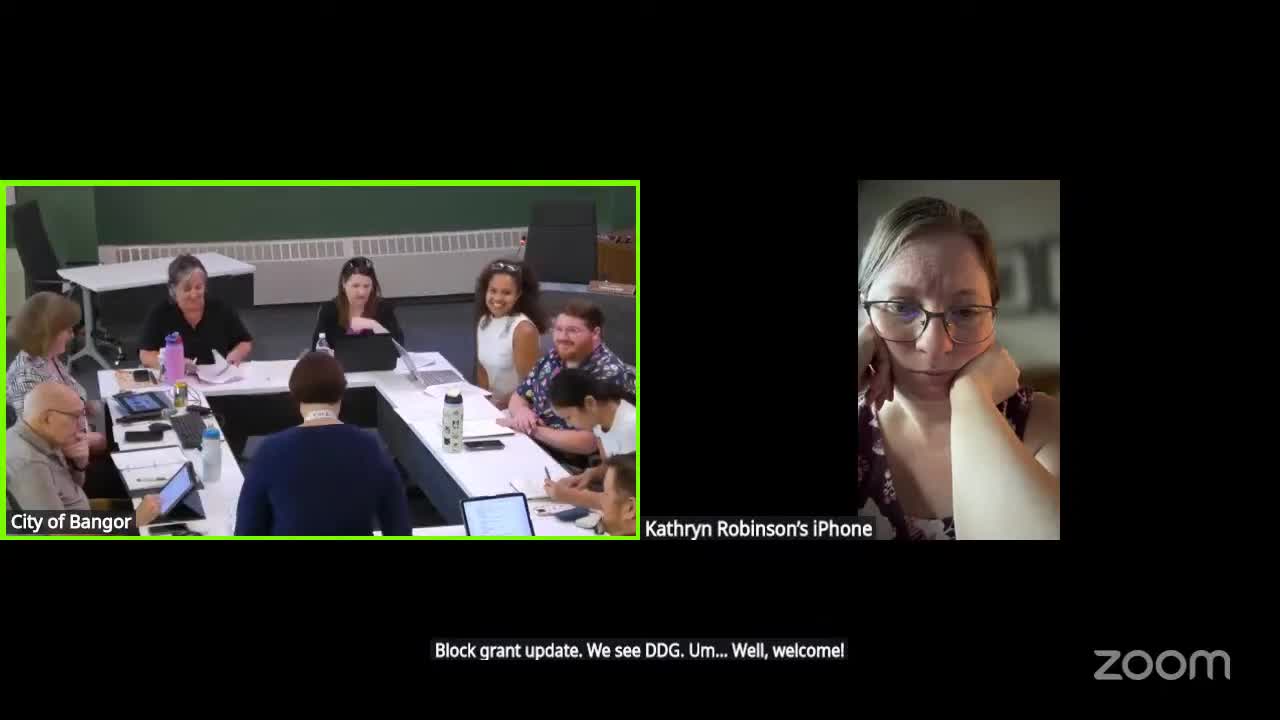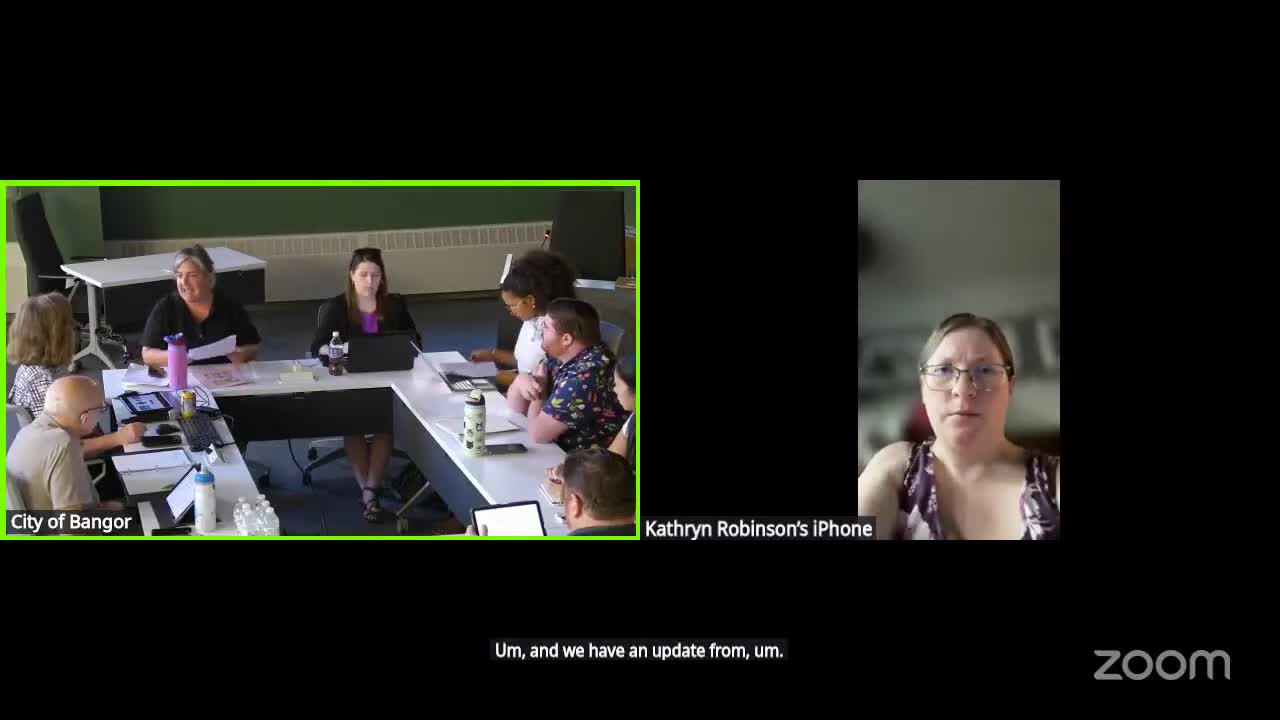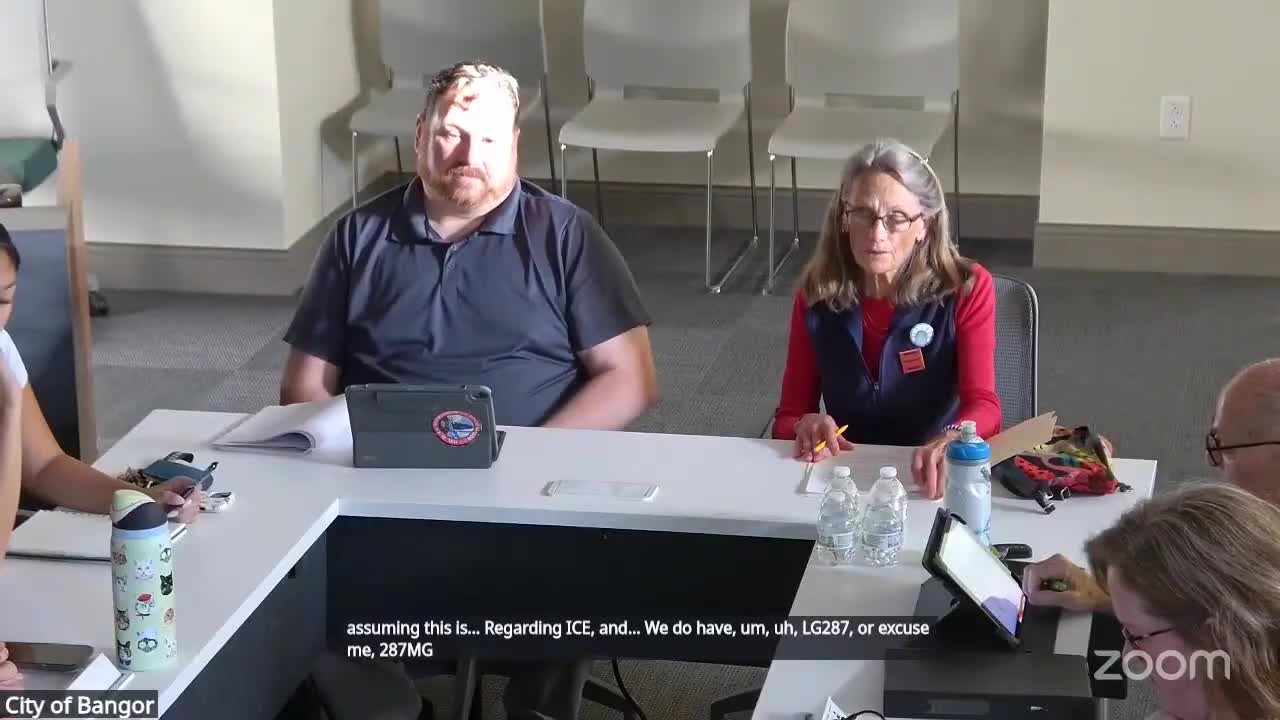Article not found
This article is no longer available. But don't worry—we've gathered other articles that discuss the same topic.

Pride outreach survey finds transportation, free communal space and housing cited as top barriers to inclusion in Bangor

City of Bangor to resubmit CDBG annual action plan after HUD flagged language; new grants platform launched

Bangor public health officials outline collaborative response to local HIV outbreak

